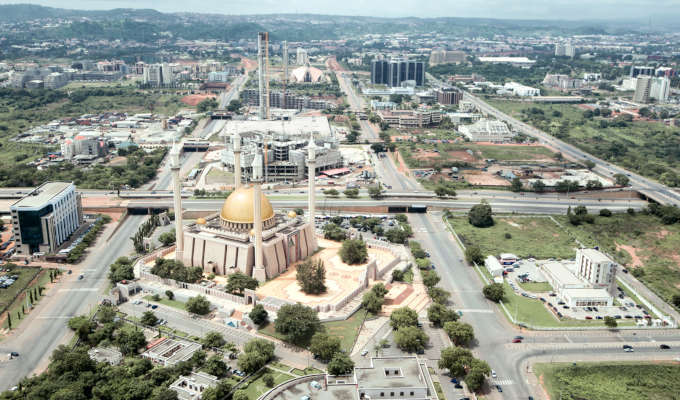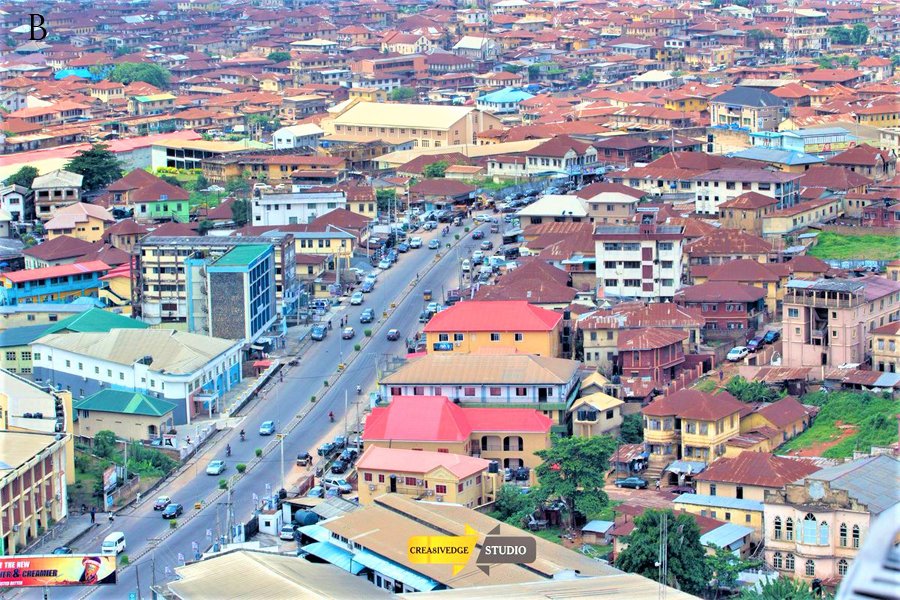
The most populated nation on the African continent is Nigeria, which is situated in West Africa. It is renowned for having a vivid past, a diversified culture, and strong traditions. Following its 1960 declaration of independence from British colonial authority, Nigeria has grown to prominence in African politics, economy, and culture. Nigeria is a cultural melting pot with over 250 distinct ethnic groups living there, each with their own languages and customs. The Hausa-Fulani, Yoruba, and Igbo are the three major ethnic groupings in Nigeria. Nigeria’s food, music, art, and festivals all showcase the diversity of the country and highlight its rich cultural heritage. Nigeria’s economy is diverse, consisting of
a sizable agricultural sector, a developing industrial foundation, and a growing service sector. Being one of Africa’s leading oil producers has been extremely important to the nation’s economy. Nigeria does, however, encounter difficulties like insufficient infrastructure, security concerns in some areas, and corruption. All things considered, Nigeria is an intriguing nation with a complicated past and bright future due to its vibrant culture, varied population, and economic potential.
There are two primary seasons in Nigeria’s tropical climate: the dry season and the rainy season. November through March is typically considered the dry season, with high temperatures and little to no precipitation. Usually lasting from April to October, the rainy season brings with it increased humidity and regular downpours, particularly in the country’s southern areas. Nigeria’s climate varies by area, with the northern regions receiving higher temperatures than the coastal districts in the south. Nigeria experiences warm temperatures all year round due to its closeness to the equator, which influences the country’s weather overall. It’s a good idea to check the exact weather prediction for the area you’ll be visiting if you’re planning a vacation to Nigeria so that you can prepare appropriately and make the most of your stay

Nigeria is renowned for its flavourful and diversified food, which is a reflection of the rich cultural legacy of the nation. Nigerian cuisine is a synthesis of various regional cuisines, each with distinctive ingredients and preparation techniques. Among the well-liked Nigerian recipes are:


Lagos is a bustling city with a lot of attractions that would entice anyone to visit. Lagos offers something for everyone, with its vibrant nightlife and rich cultural offerings. Lagos marketplaces, like as Balogun Market, provide a distinctive shopping experience for tourists who enjoy shopping. Additionally, the city is home to lovely beaches like Bar Beach, which are ideal for leisure. Regarding the airport in Lagos, the primary airport serving the city is Murtala Muhammed International Airport. They manage both domestic and international travel, facilitating travellers’ entry and exploration of Lagos. The airport is an essential entry point into the city and plays a significant role in Lagos’s connectivity to other regions of the world.


Nigeria’s capital, Abuja, has many alluring qualities that make it a fascinating place to visit. Cities like this one combine lush natural areas like Millennium Park with modern buildings to create a peaceful environment conducive to exploration. Landmarks such as the National Mosque and the Nigerian National Mosque showcase Nigeria’s rich cultural legacy for anyone with an interest in the arts. The primary airport serving Abuja is Nnamdi Azikiwe International Airport, which acts as a
gateway connecting the city to the rest of the globe. The airport serves both domestic and international travel, making it easy for guests to fully experience the beauty and culture Abuja has to offer. Abuja is a genuinely special combination of modernism and history that is worth seeing more of.
Another intriguing location with great cultural value is Kano, the second-largest city in Nigeria. The city draws tourists because of its traditional traditions and rich history. Gidan Rumfa and the Kano City Walls are well-known landmarks that attest to the historical significance of the city. Kano’s primary airport is Mallam Aminu Kano International Airport, which facilitates transportation. For tourists who want to see Kano’s cultural and historical treasures, it offers convenient access. The city provides a singular window into the rich cultural fabric of Nigeria.


As the capital of Oyo State in Nigeria, Ibadan is a dynamic, culturally diverse city with a long history. The city is well-known for its famous landmarks, which emphasise its history and academic prominence, like Mapo Hall and the esteemed University of Ibadan. Ibadan Airport is the main entry point for the city’s transit network, linking it to numerous locations. Travellers wishing to experience the wide range of cultural and educational opportunities that Ibadan is proud to offer will find easy access to this airport. Ibadan’s fusion of modernity and history provides a mesmerising ambiance that allows visitors to fully experience the city’s distinct charm and character.

Unlock unforgettable adventures with our premier travel agency, where every journey is crafted with precision and passion. From exotic getaways to cultural expeditions, embark on seamless voyages tailored to your desires.
Copyright 2024 Mia Uk Service